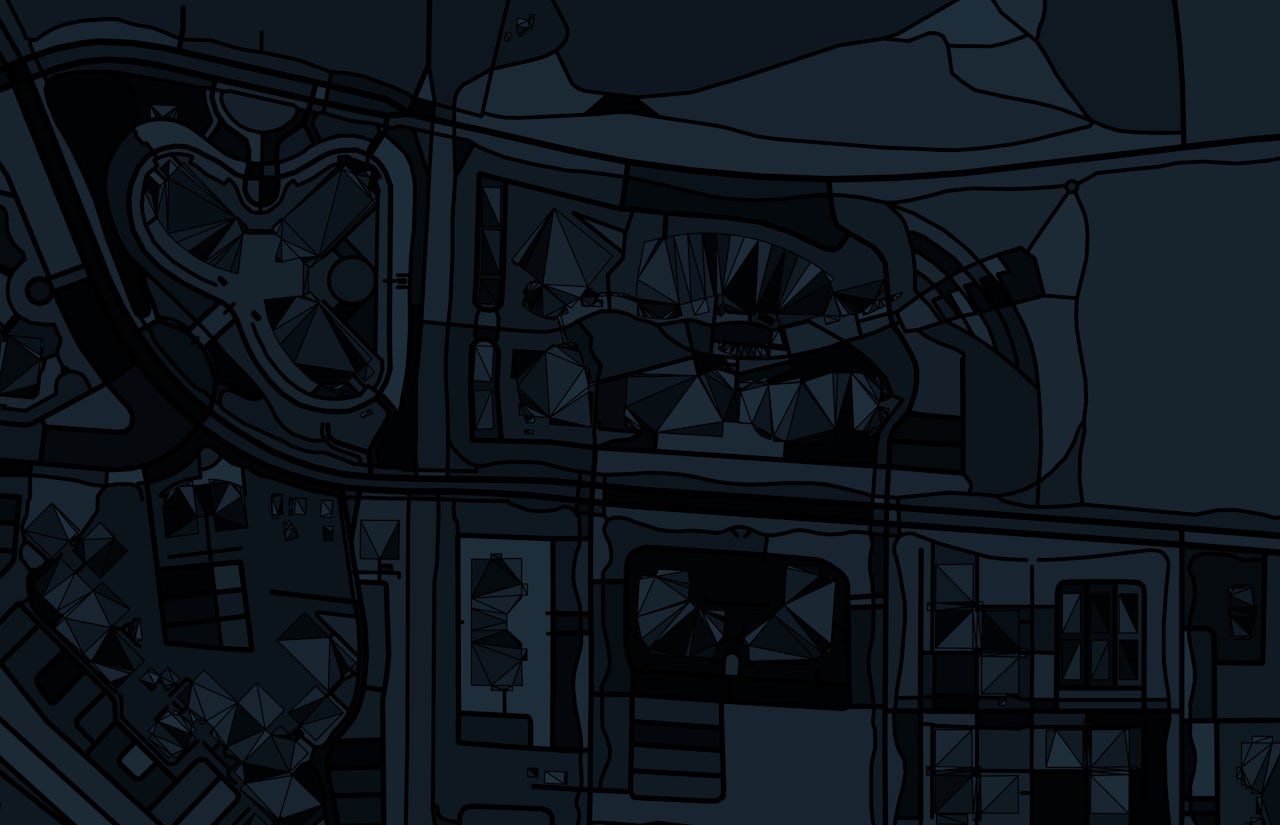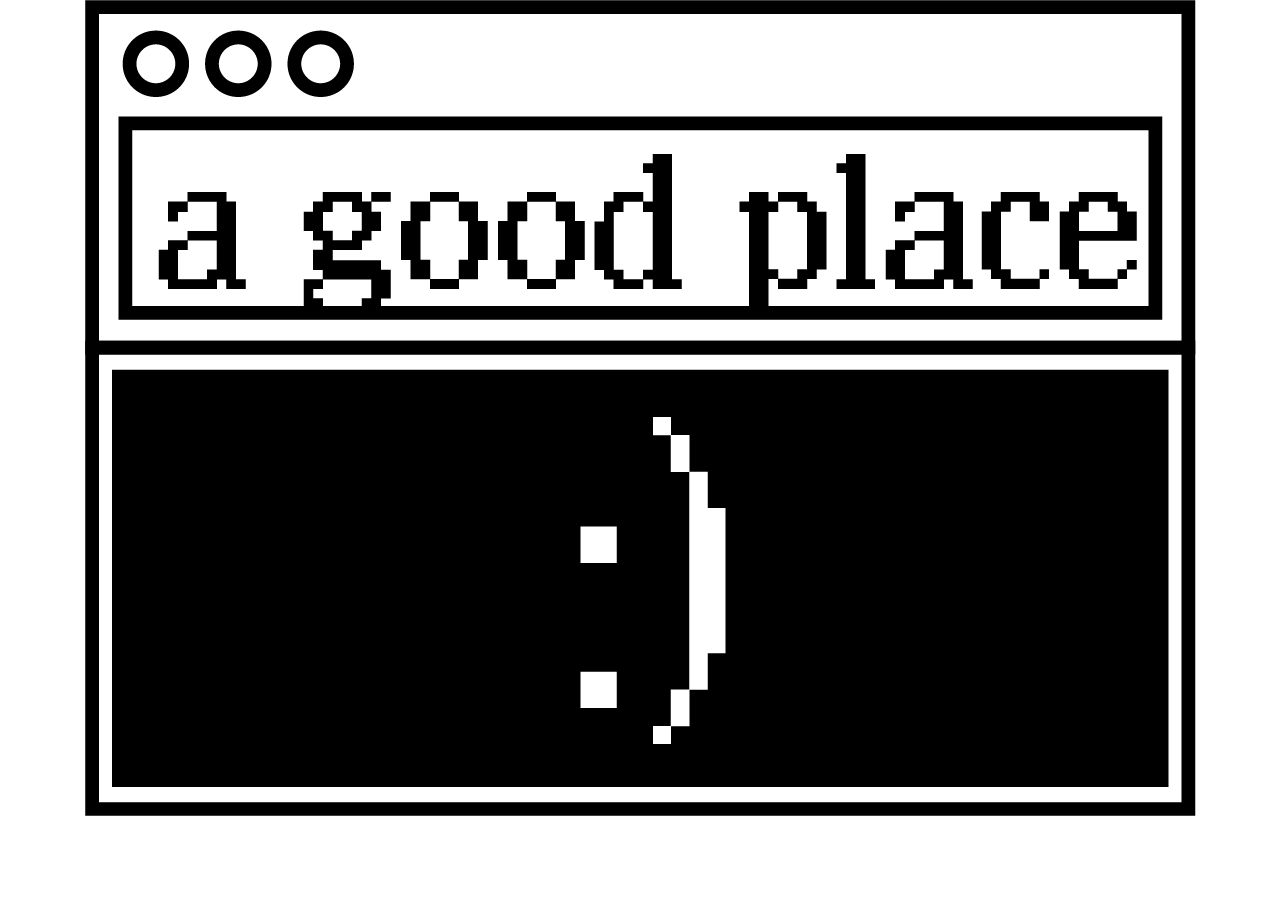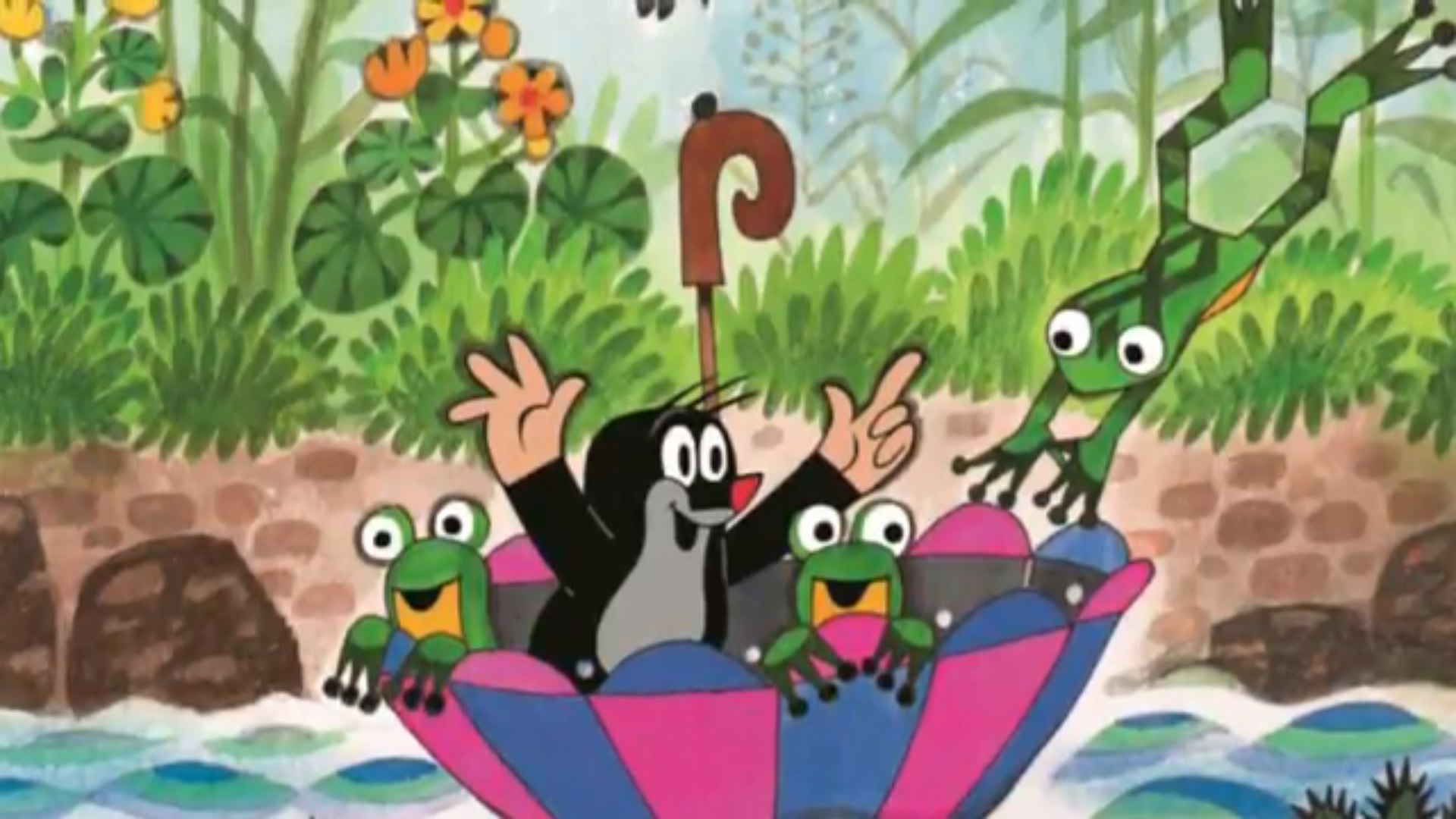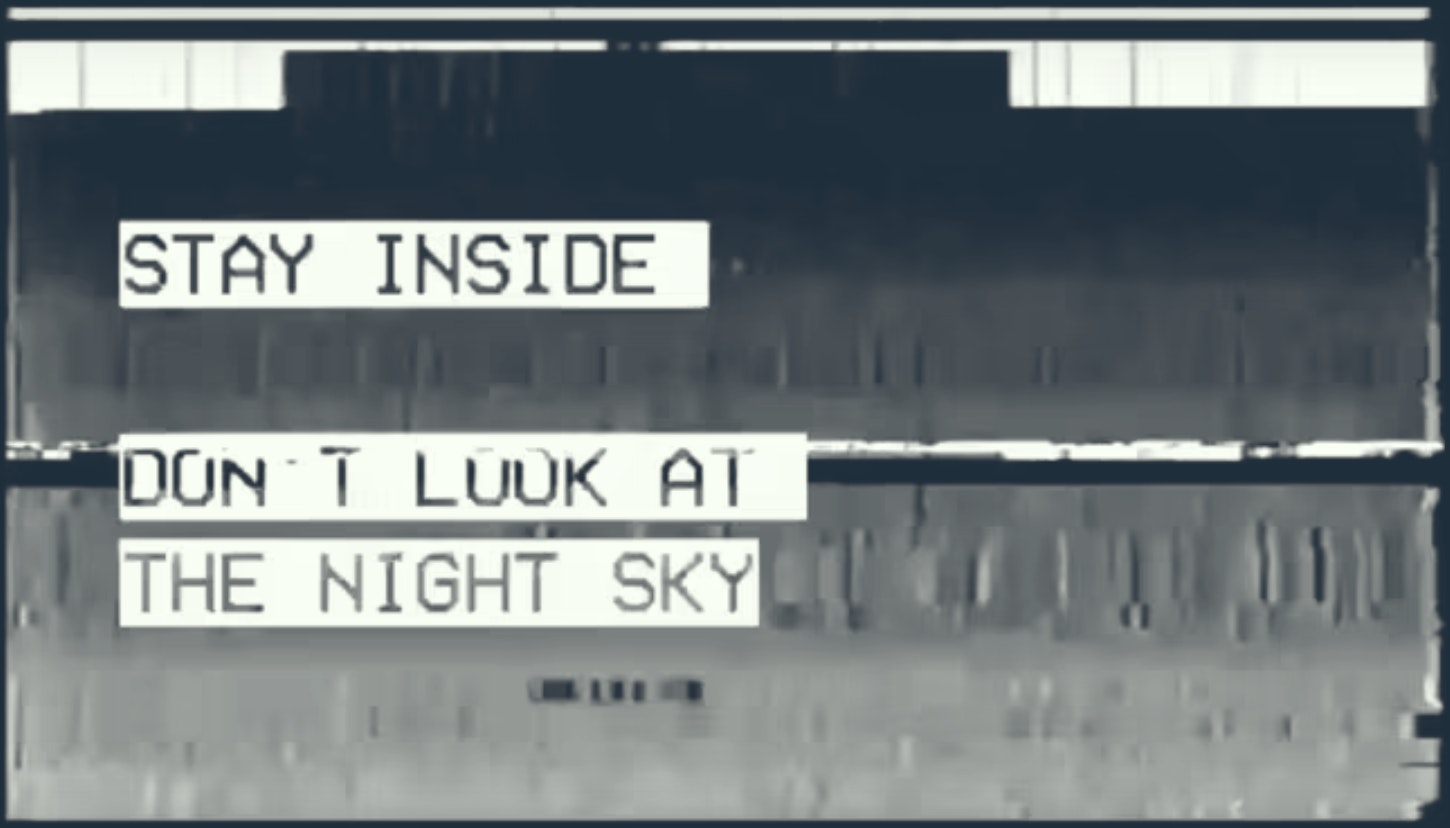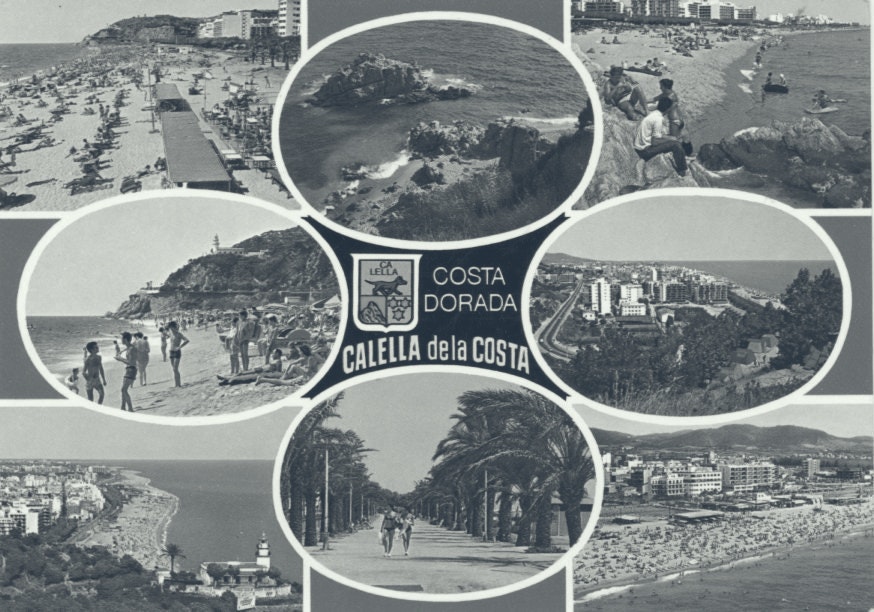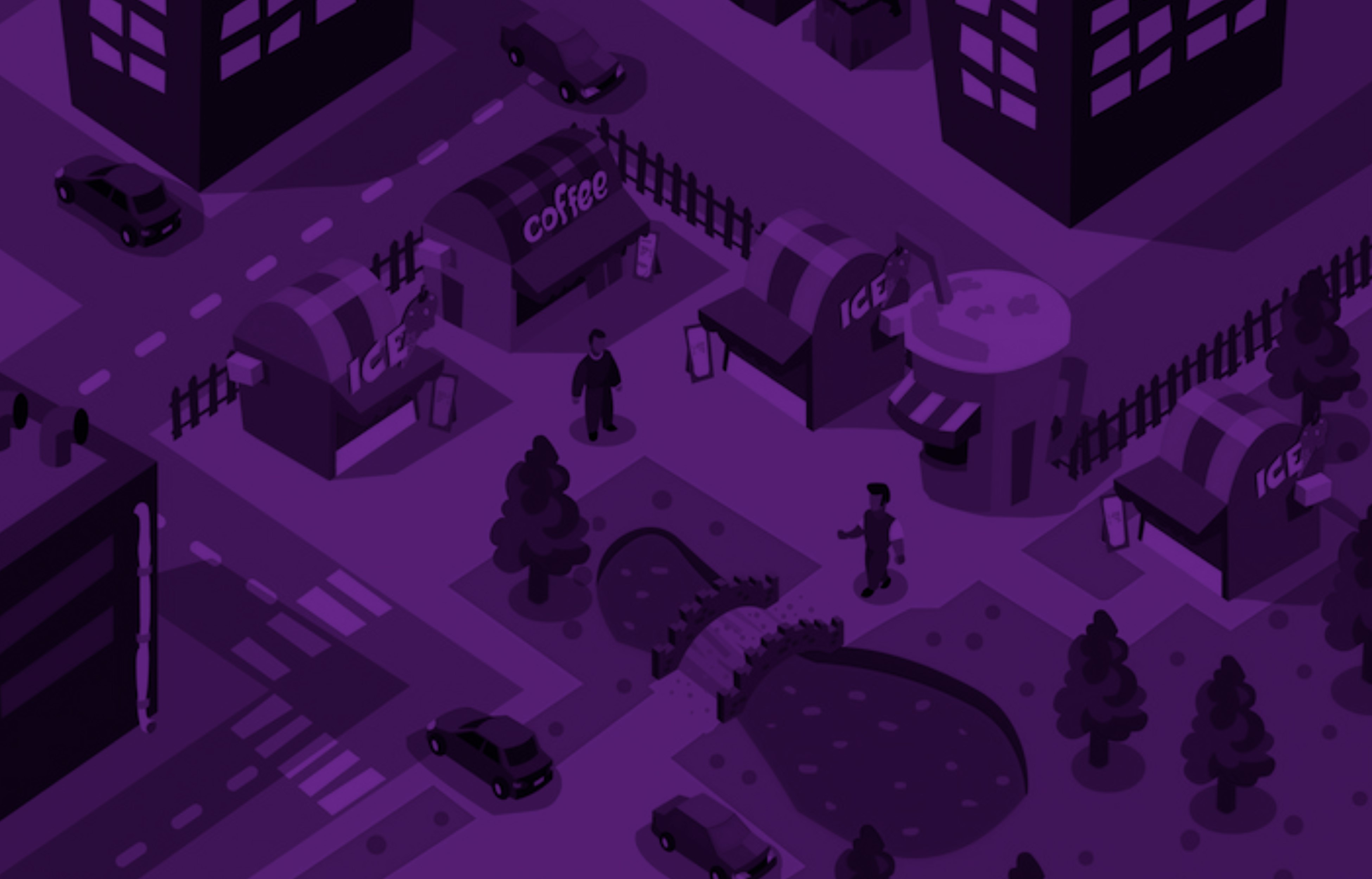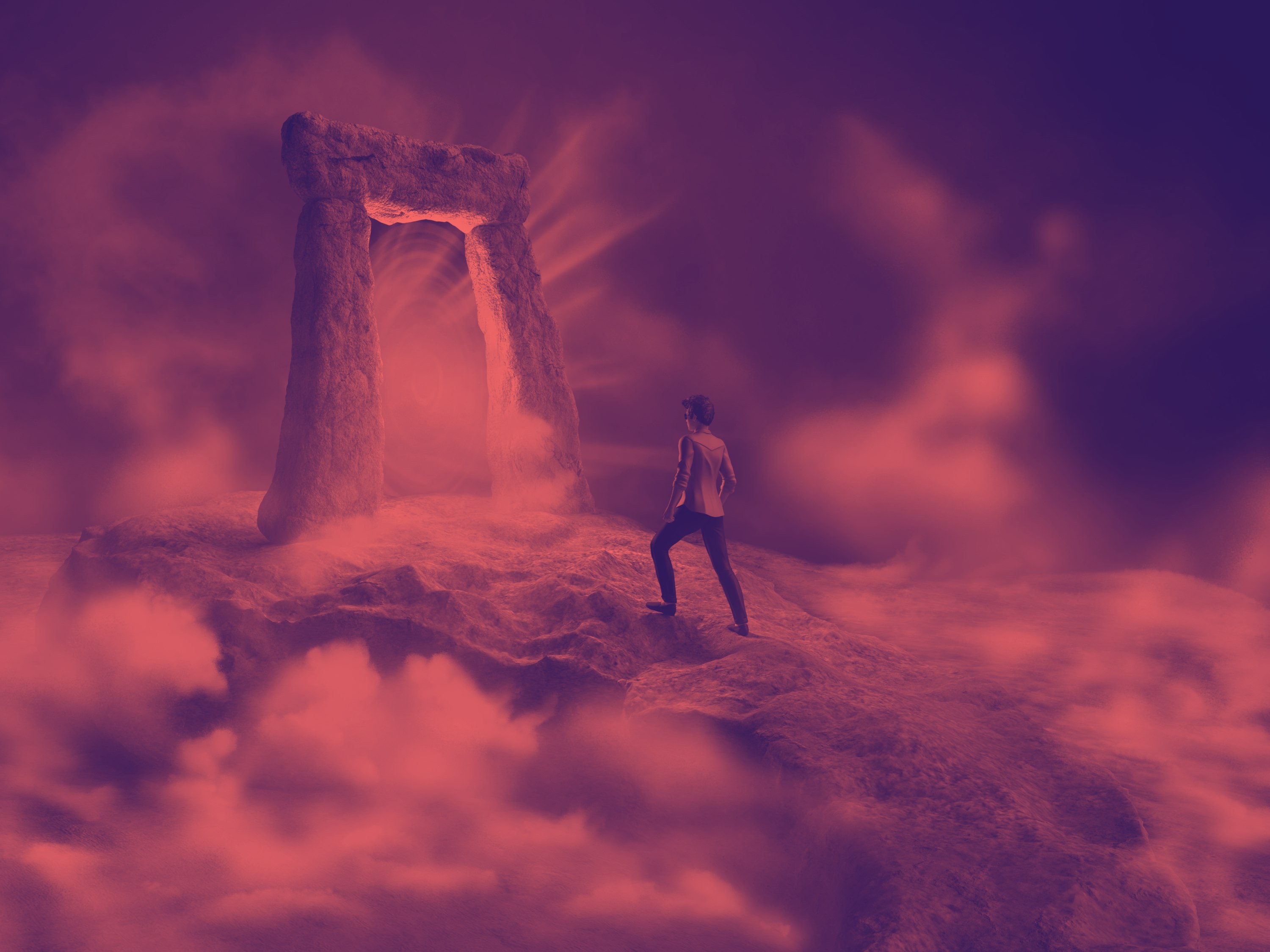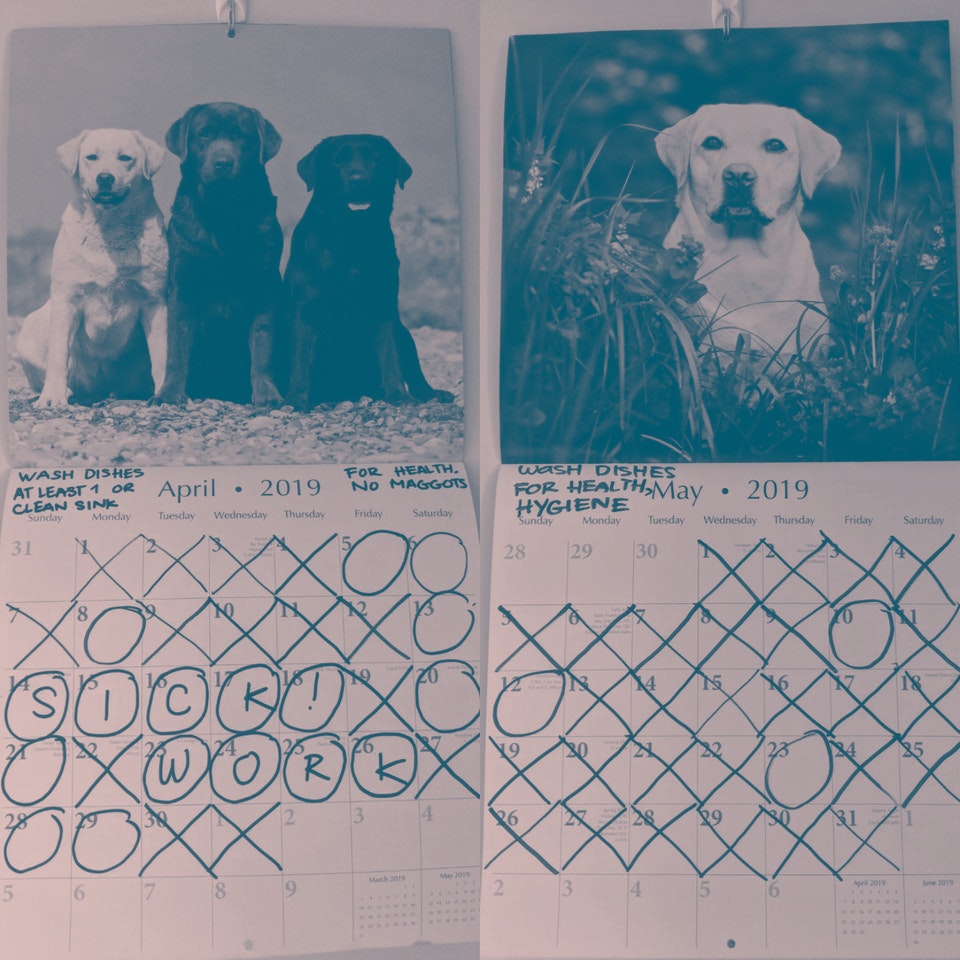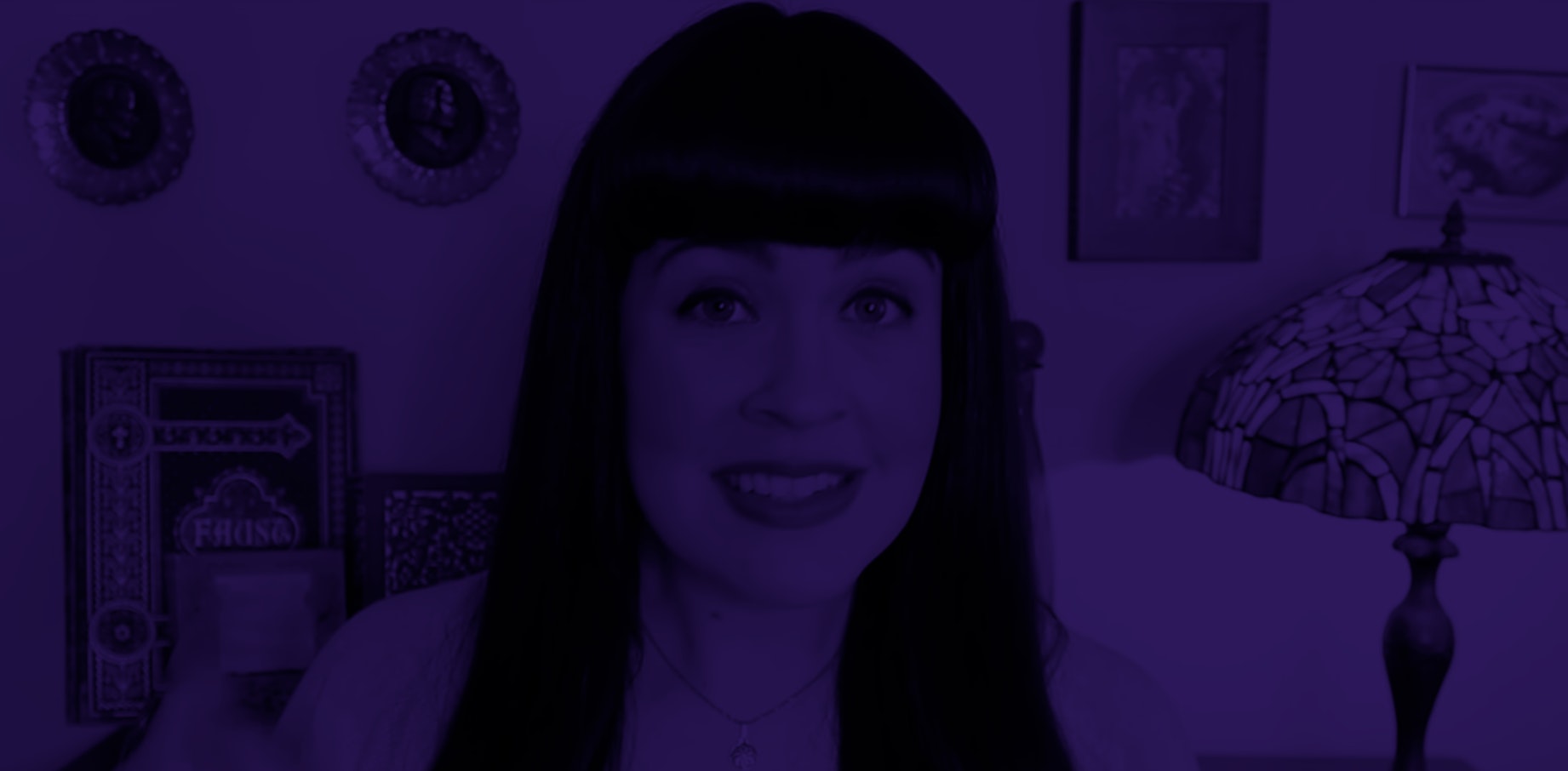but this place is just right.
I started out looking for videos of Fern Brady’s stand-up comedy, and ended up on her fellow British comedian Dave Green’s YouTube channel, watching a clip of her showing off her childhood home. In front of a shot of a gently sloping street in West Lothian, Scotland, she explained that she wasn’t allowed to go to the bottom of the hill until she was “like 13.” Green asked how a sheltered upbringing shaped her as a person.
“Probably it’s why all of my comedy is just filth,” Brady, whose work has dealt with her years spent as an Islamic history student by day and stripper by night, said. Later she added that she wants to retire in Glasgow, and we gazed at a Starbucks there on the green-screen Google Street View, her and Green’s pixelated heads popping in and out of the foreground. To be clear, the entire video has been this way; in fact, Green’s channel is mostly devoted to clips of him, as its description puts it, “dicking around on Google Street View” with his comedian friends.
Google aggregated all the photos that would become Street View for probably shady purposes, building its precursor, Google Earth, on technology previously used by the CIA. But this tiny, tiny Youtube show (most videos have under 1,000 views) is a surprising, lovely reclamation of this partly user-generated, quasi-tax-payer funded photo-Frankenstein. Dave Green’s Street View Show brings out vivid, specific memories that can only be triggered by a hyper-realistic visual aid. The real treat of the show is not the voyeurism of the satellite images, but the personal maps the interviews reveal, reminding us of the maps we all carry inside us — the ones that no corporation can fully access.
Google Earth is basically an image salad of geographic visuals, and now includes satellite, Street View, and in some spots, high-resolution images up to 100 meters under the literal ocean. It came to my awareness in my high school’s computer lab around 2010, the same year it put Fern Brady’s hometown on its map. At the time, the idea that Google could photograph large swaths of our streets seemed entirely improbable to me; this was before most of us realized they’d already begun mapping our brains, too. The first thing my classmates and I did was look up all our houses. Dave Green’s show started with this same intuitive use, as a series of hometown tours. “Some people are from very boring places, but it’s the story of who they are, so it’s always interesting,” Green said in an interview.
Green’s contemporaries use more contrived methods to break into those life stories. Numerous media companies produce articles and videos in which actors interview each other, making them supposedly more comfortable, and definitely more gawkable. The defunct MTV Cribs featured celebrities offering tours of their houses, which offered the implied intimacy of private space but with a layer of extremely choreographed polish over everything. One of my favorites in the celeb-intimacy genre is First We Feast’s Hot Ones, in which famous people eat increasingly hot chicken wings while answering increasingly dicey questions. The format of Green’s show represents the inverse of this trend. The standups are thrown off balance not by sensory assault, but by seeing their most important places — first, saddest, favorite — in satellite-rendered detail.
The show is slow and delightful. Darius Davies takes us to the London neighborhood Pimlico, where he and his friends used to jump between rooftops. We visit Phil Wang’s tree-inspired family home in Malaysia that his dad built, and Wang points out that the place he’d thought was dumpy as a kid is actually incredible — except for the mailbox, which was often full of lizards. In Tony Law’s interview, we spend 15 minutes in the middle of golden Alberta, Canada farmland that he left 30 years ago, and watch him parse seemingly identical fields, assigning them to each member of his extended family. Law shows us what we would never see ourselves, had we stumbled upon the farm in our own surfing — he uses the green-screen map to share his mental map.
Many of the show’s interviews require verbally reconstructing stuff that’s no longer there. Google’s rendering of my own childhood home in Pennsylvania is a time capsule from the moment the company’s van drove by. I’d forgotten we once had a minivan. The garage door is up in the photo; was it a weekend? Maybe my dad was mowing the lawn. Growing up, I was disturbed by the maze of identical houses along the street, which intersects with itself in an endless loop. But from my current vantage point in massive, dusty Cairo, my eyes are drawn instead to the swaths of green that ring the neighborhood. I can look up the cross streets of the New York tenement where my grandmother lived during the Great Depression and think about the different versions of the city we’ve both lived in (she once asked if I’d found my Bushwick apartment in the real estate section of the New York Times). Her old building in Midtown is now a CVS.
Dave Green’s Street View Show wants nothing from you. It is not topical, there is no advertising, and the last interview was posted two years ago. The most recent video on Green’s channel (above) is just 10 minutes of a literal street view, from a window on a rainy London day. He told me he uploaded it by accident trying to do a live stream. It currently has 62 views, nearly double that of the 90-minute Street View livestream with the comedy veteran Rick Right.
At the end of the show Green often zooms us out into the sky, until we can see the globe. “Are you ready to zoom out and feel insignificant?” he often asks.
There are still areas on earth that Google Street View has not yet penetrated; we can only assume that this will not last forever and that one day we will become fully mapped. But we won’t be fully knowable, or known at all, except by those with whom we share our own maps.
